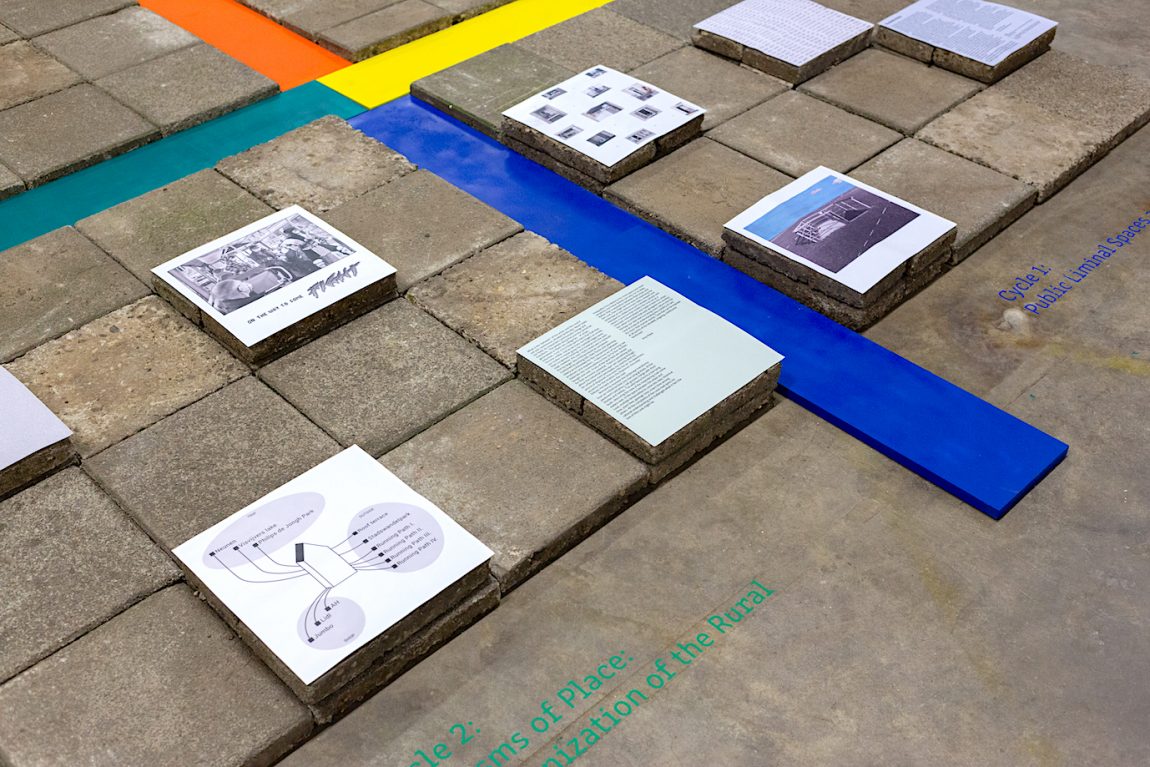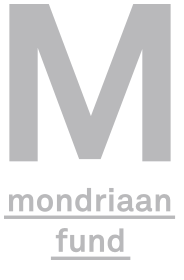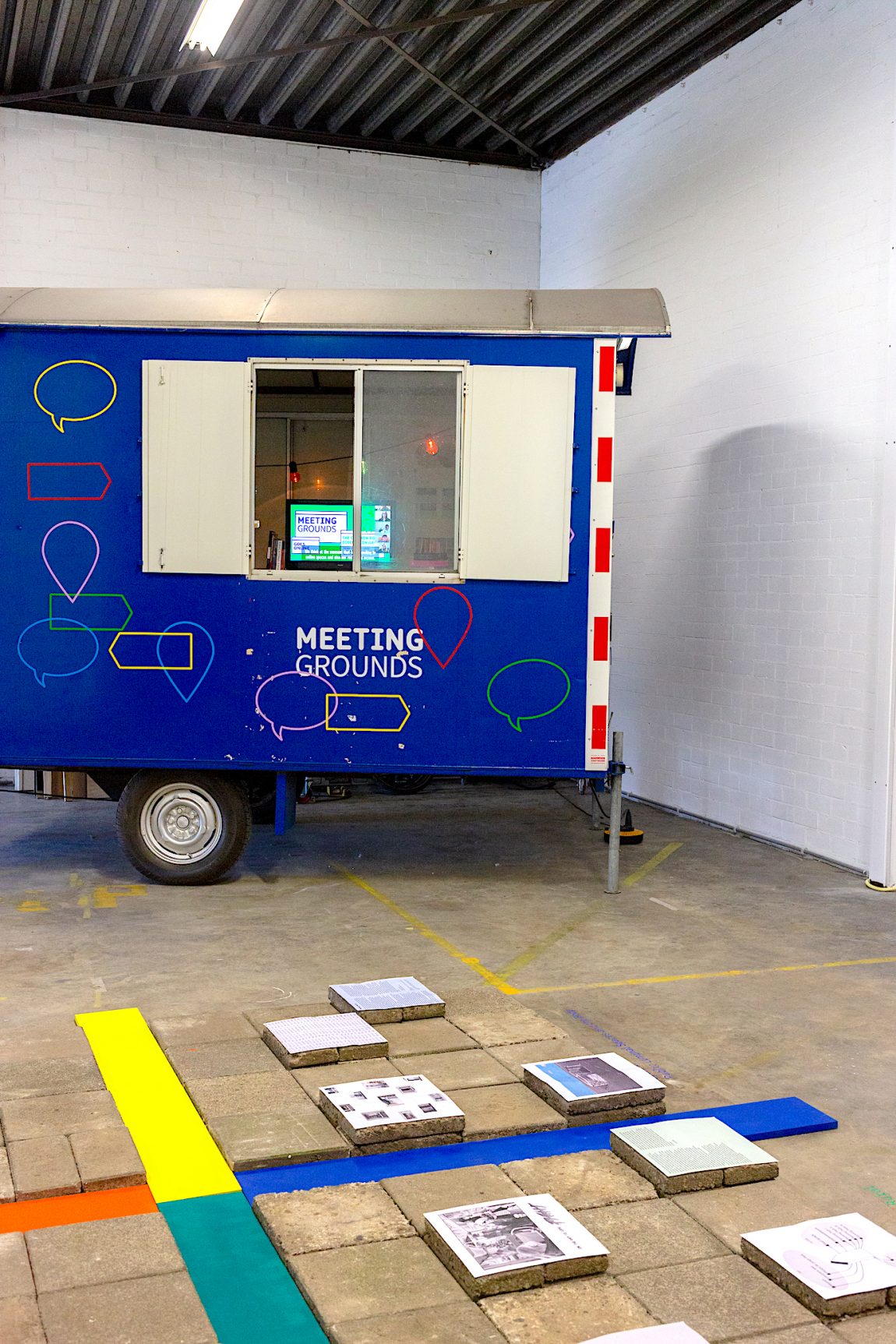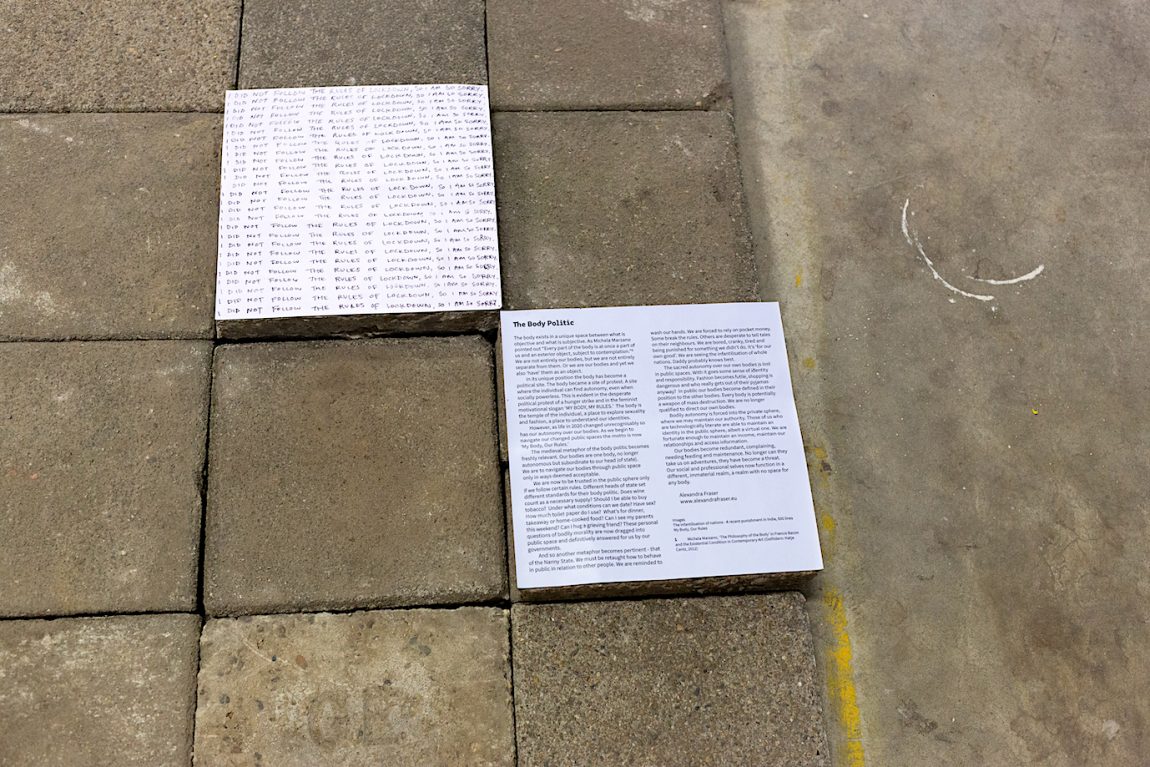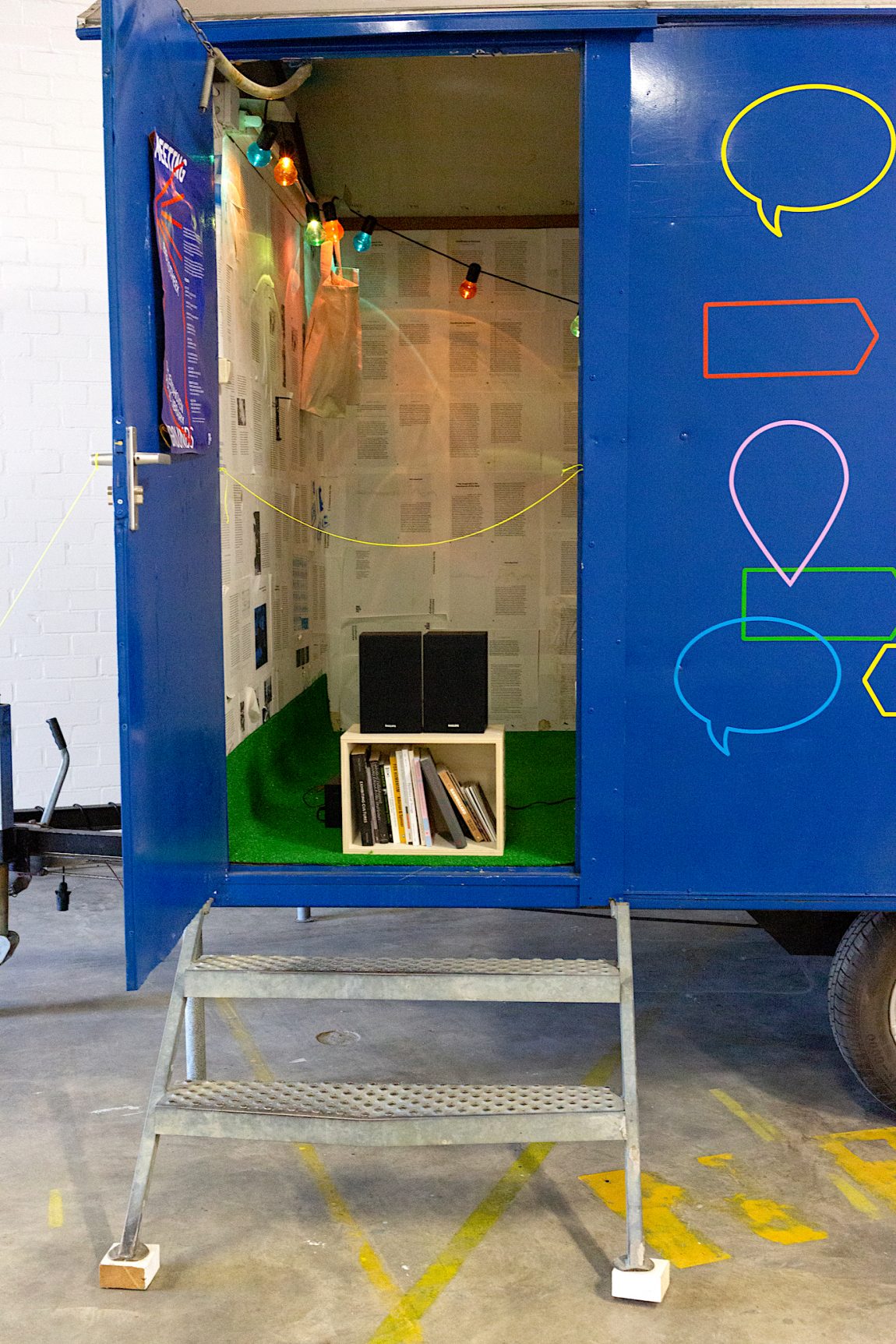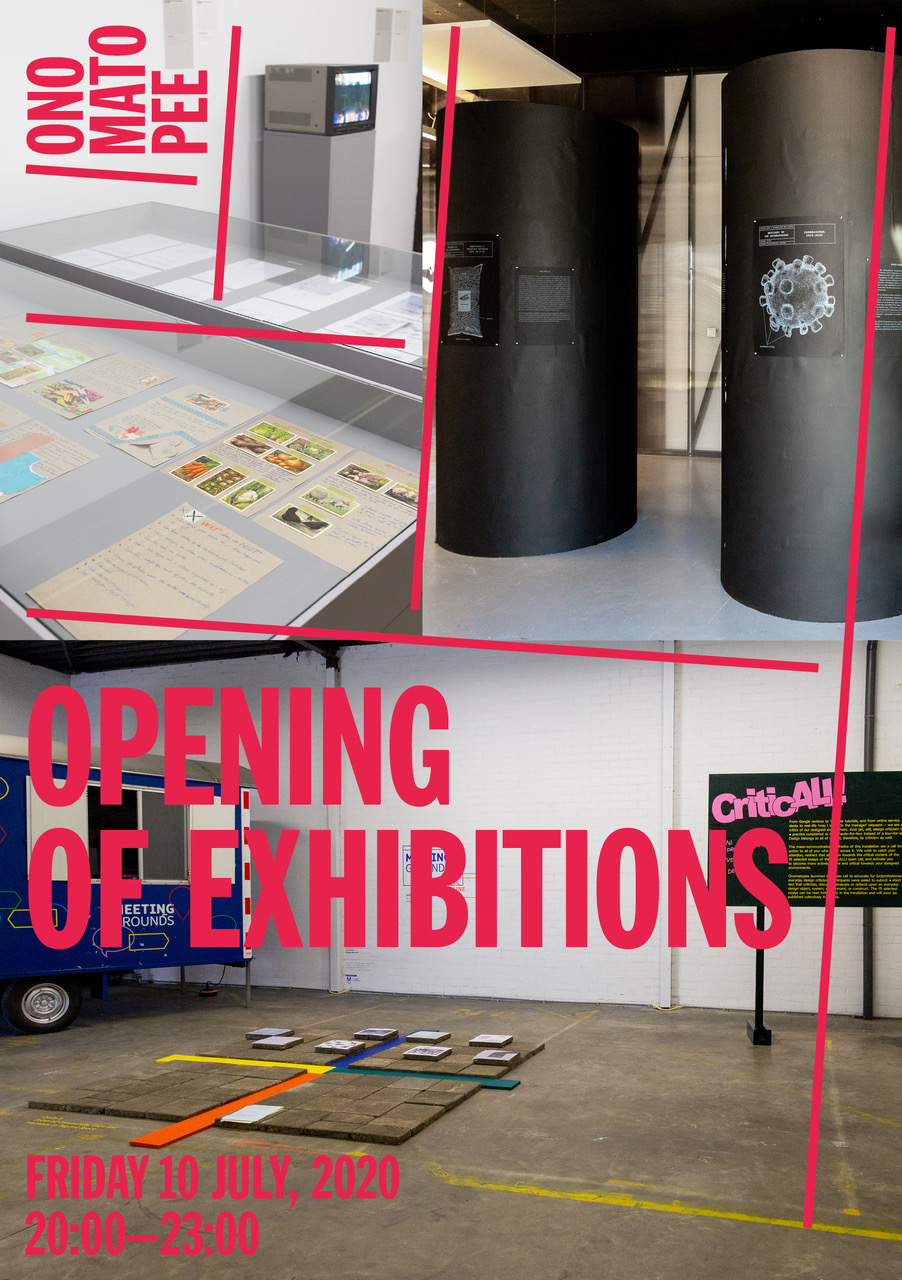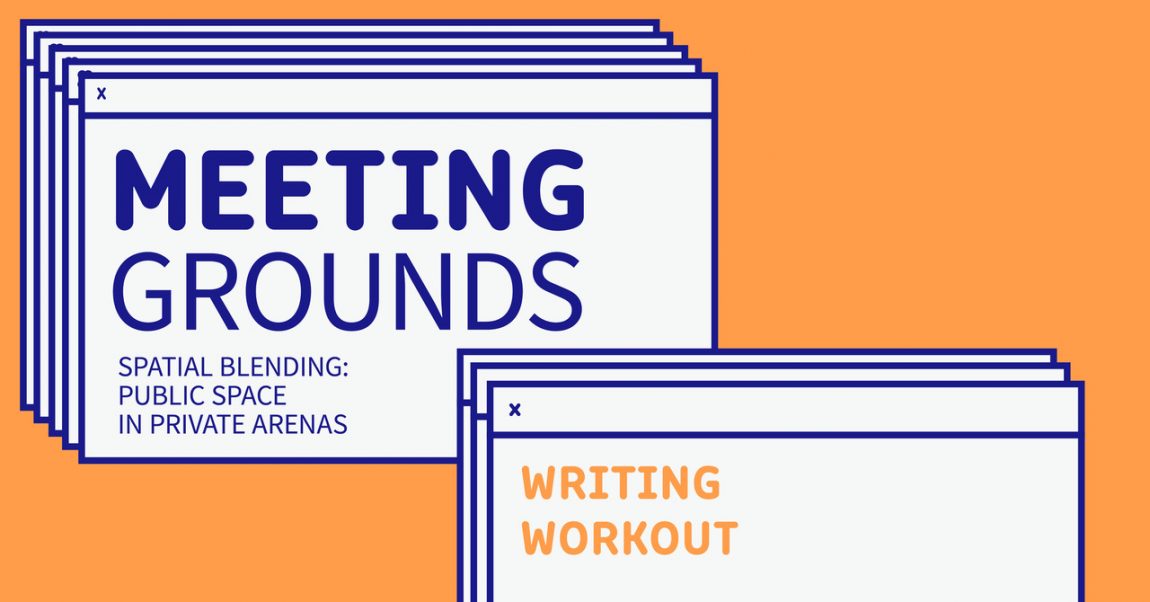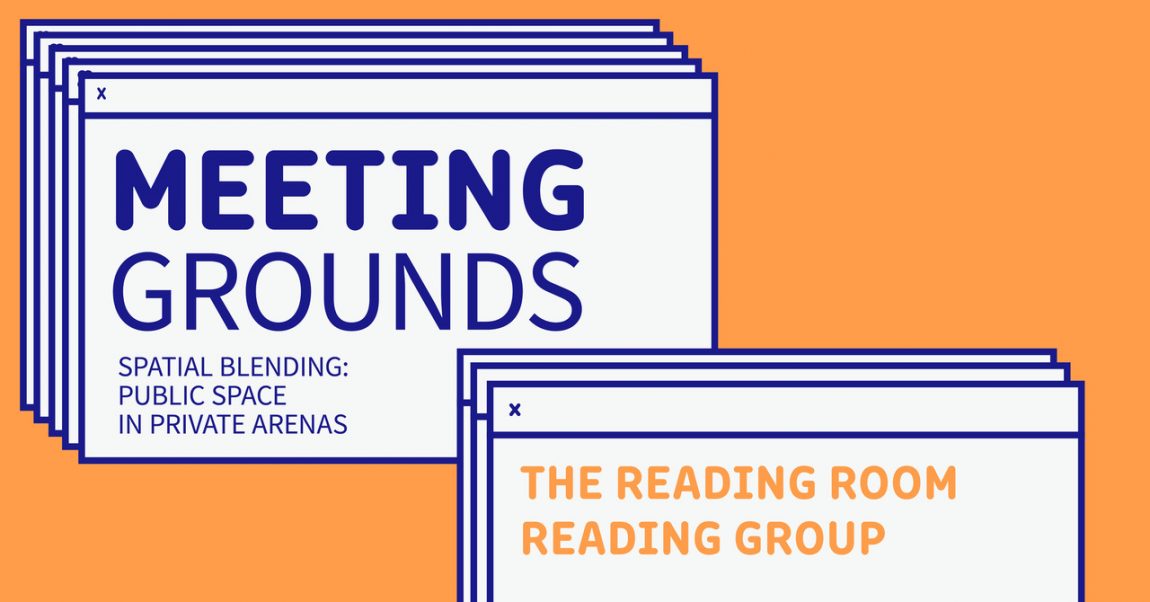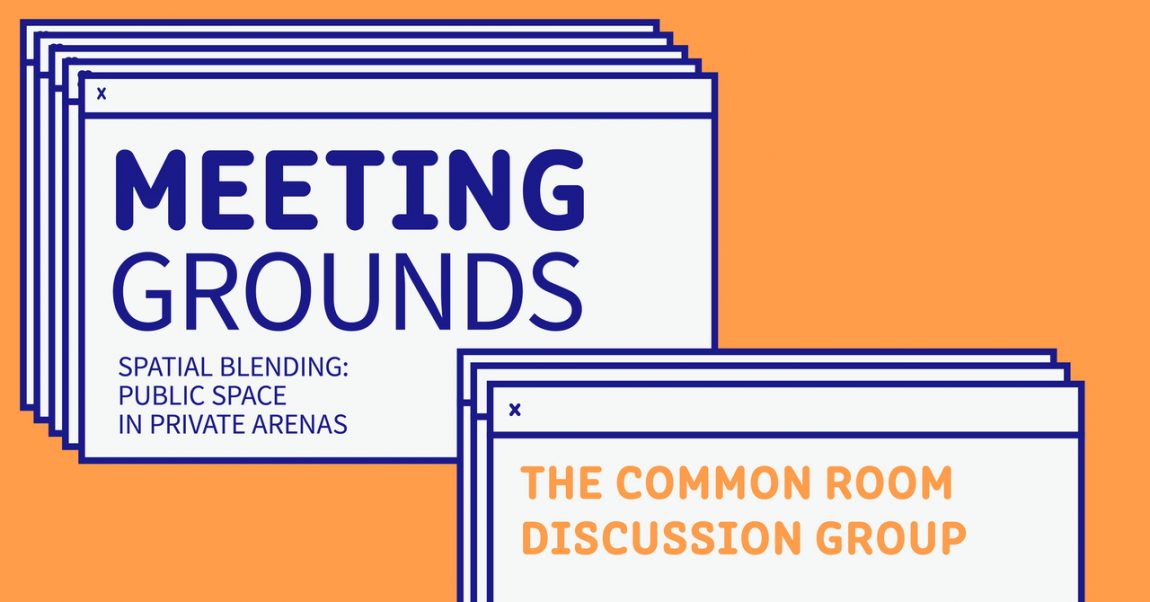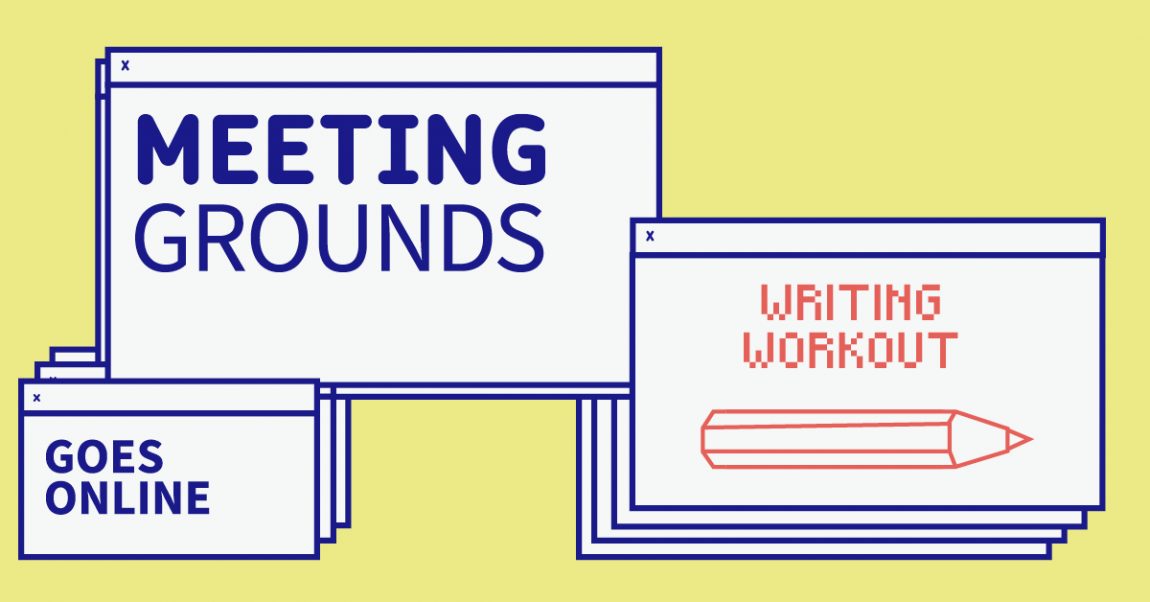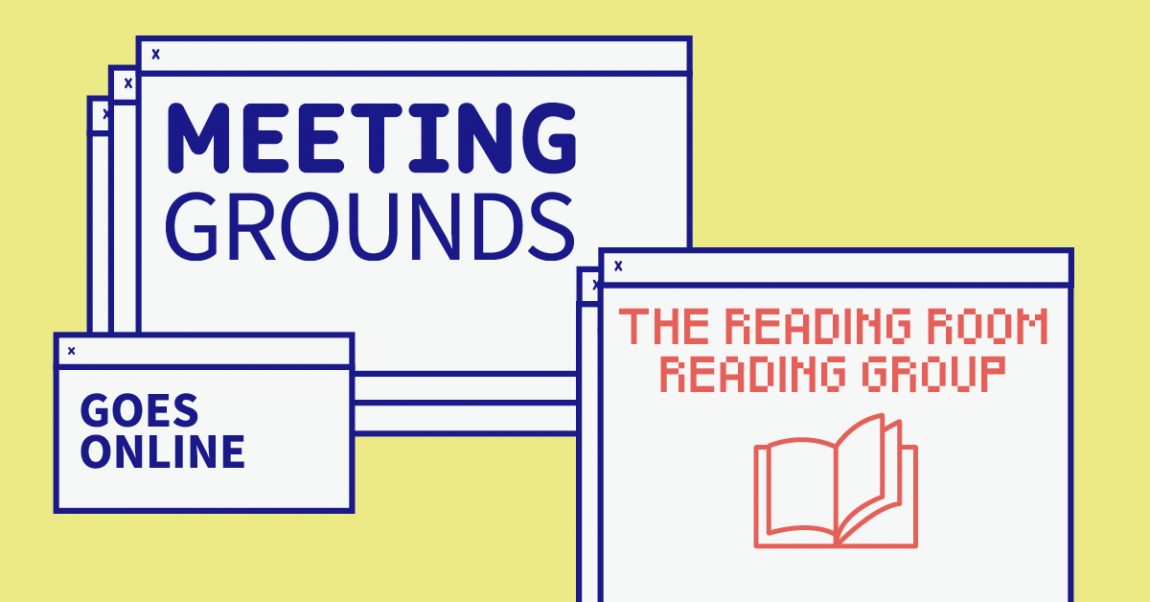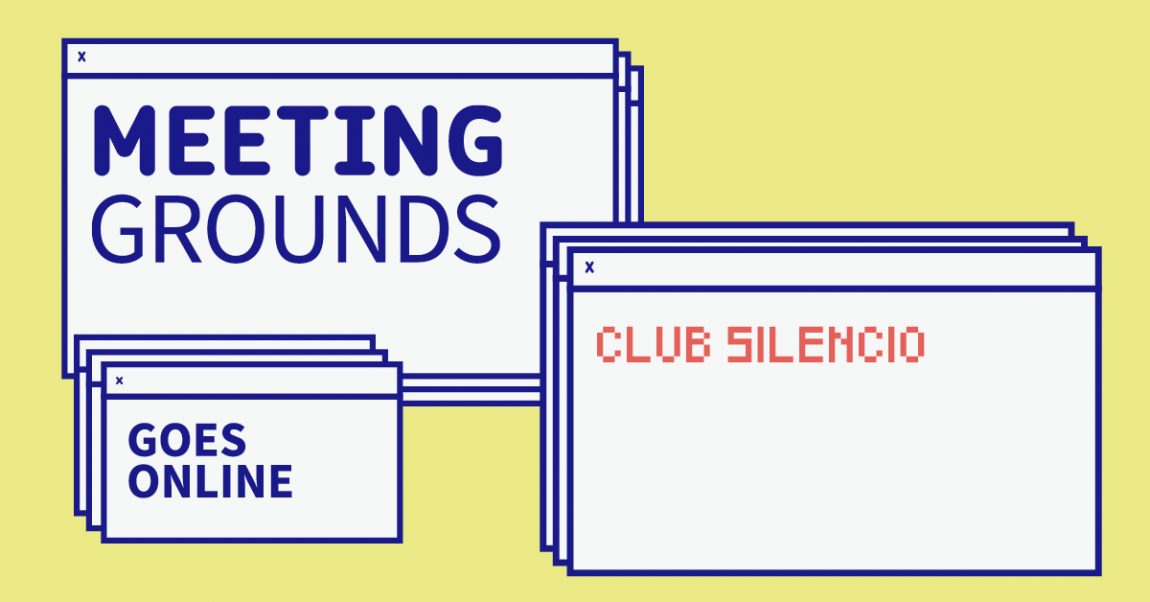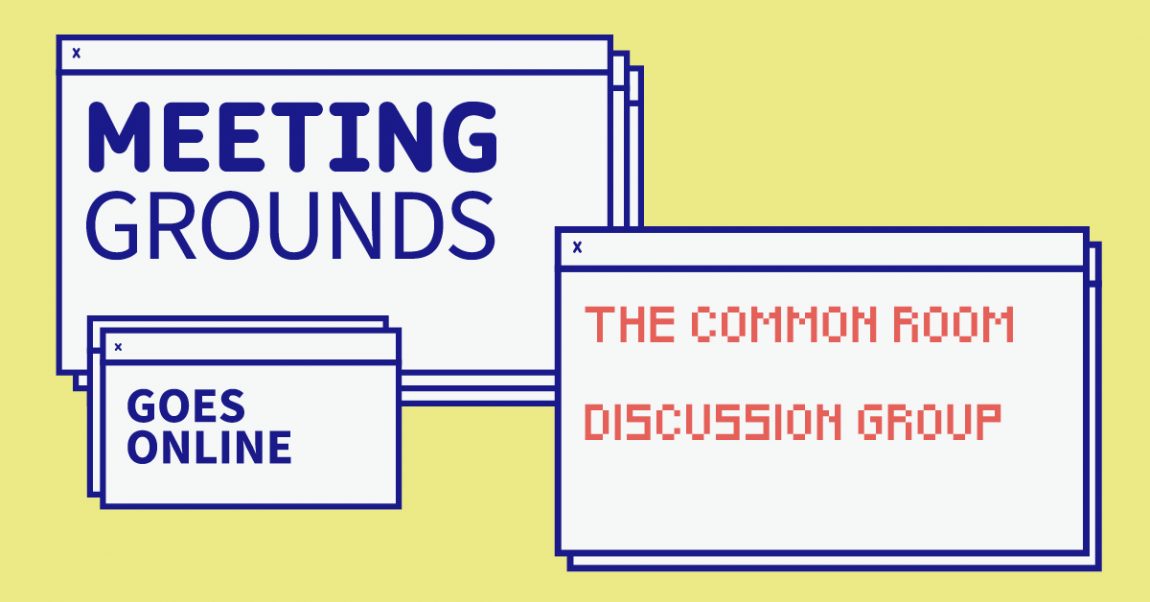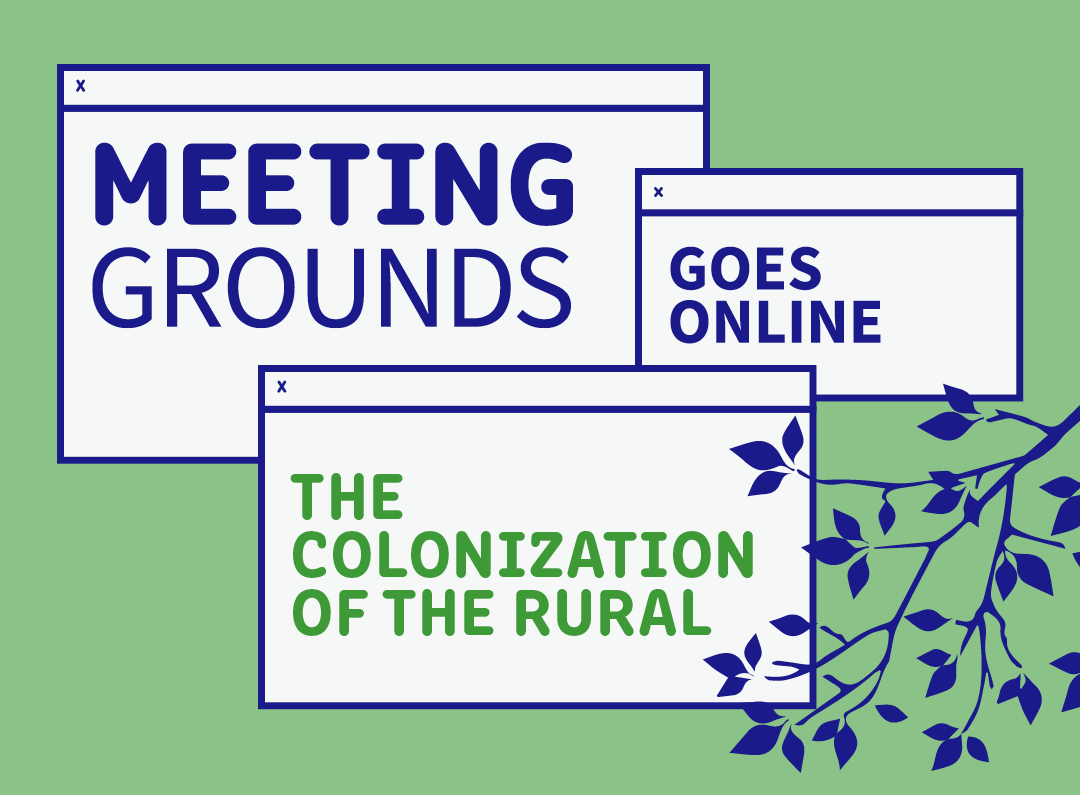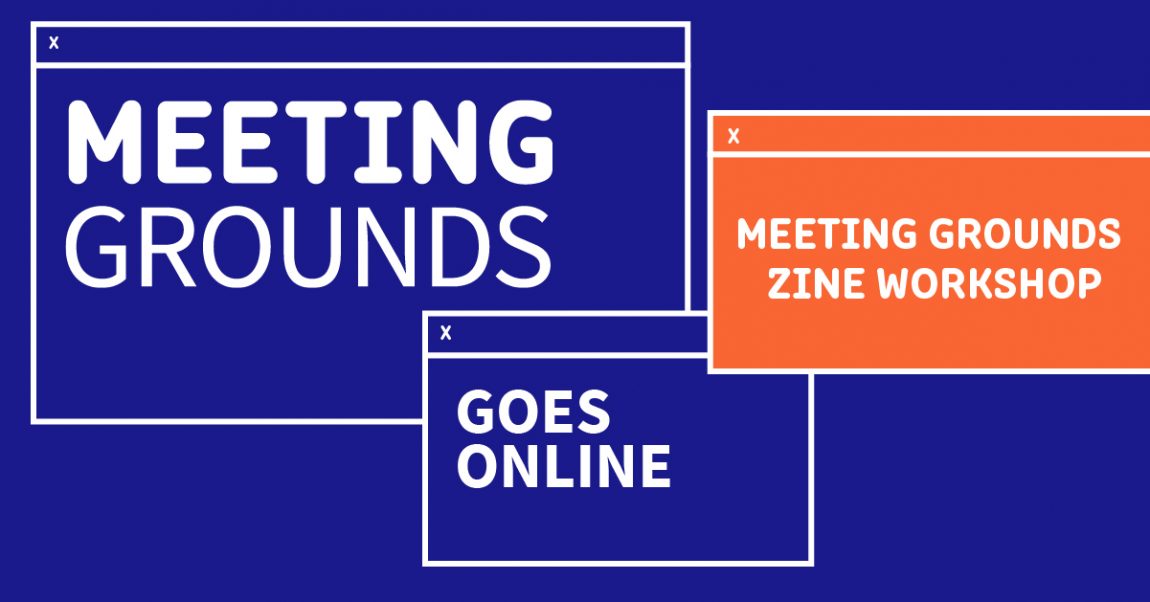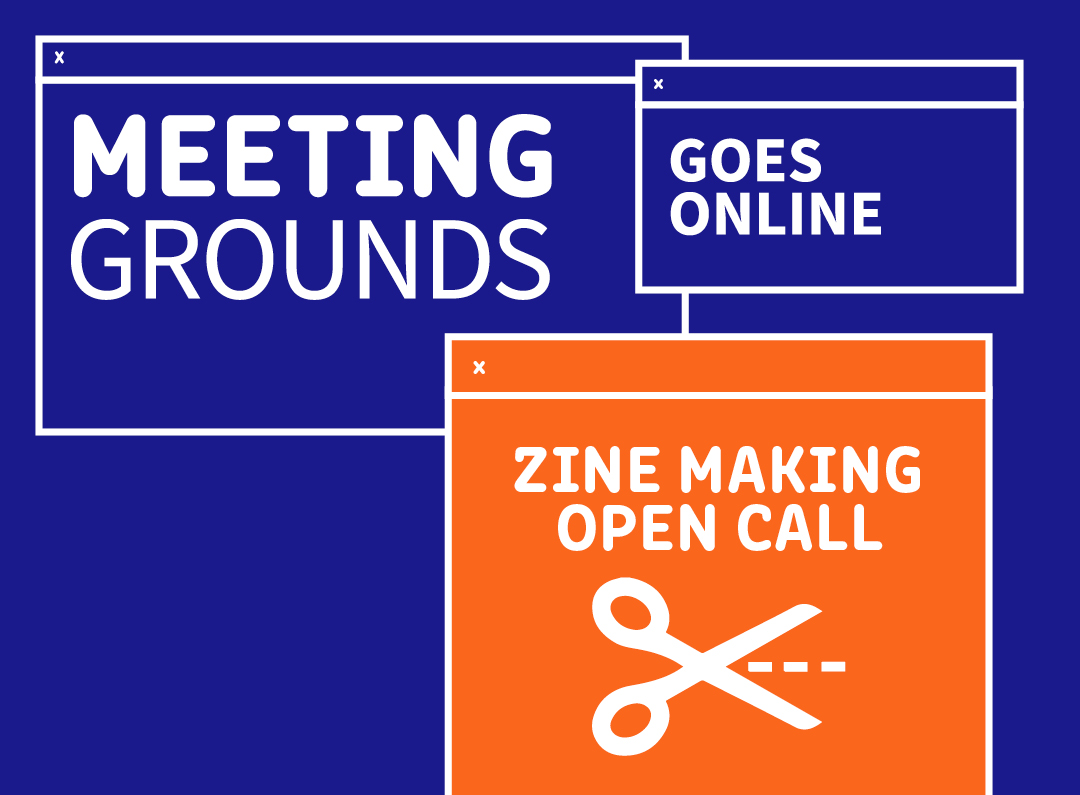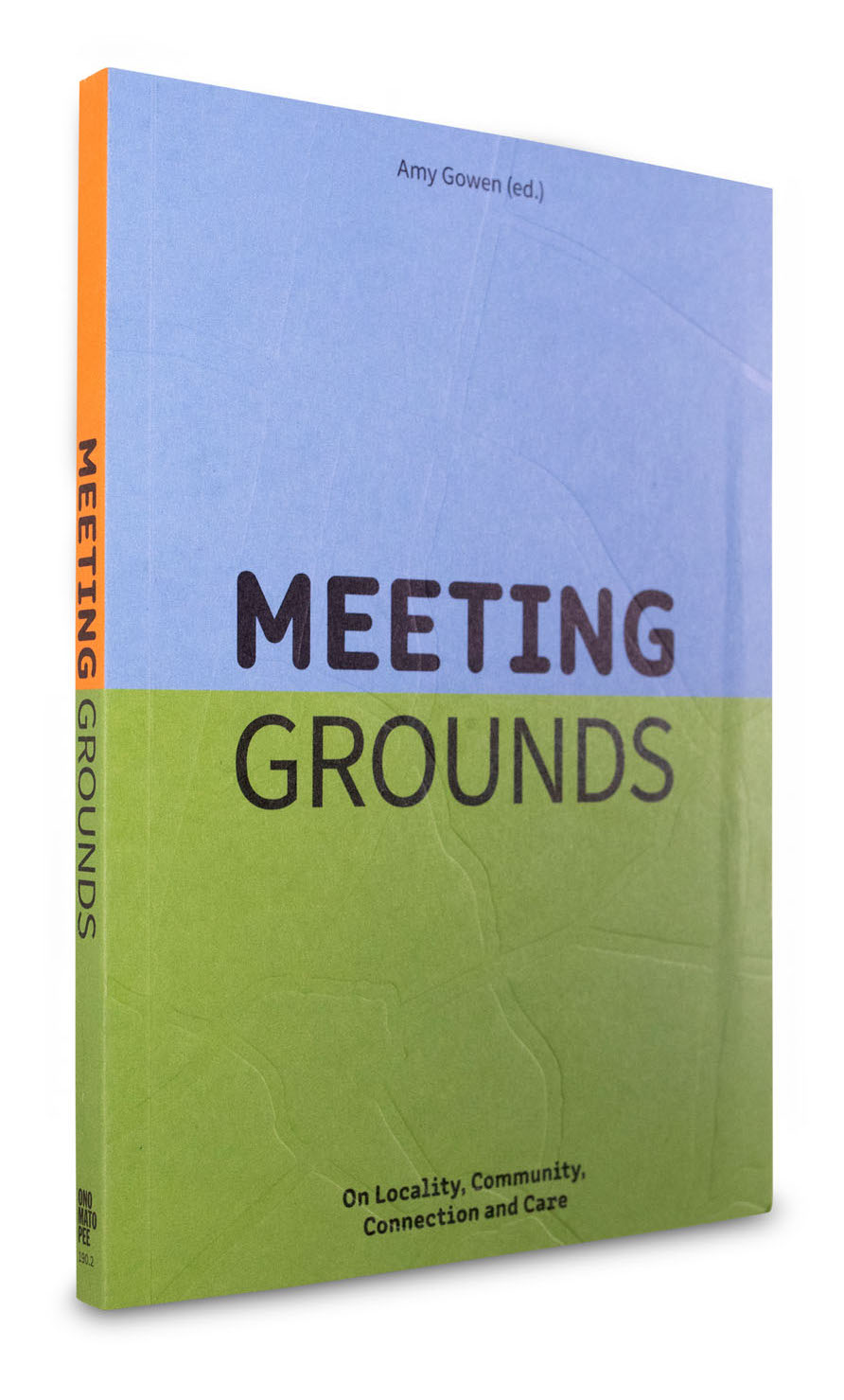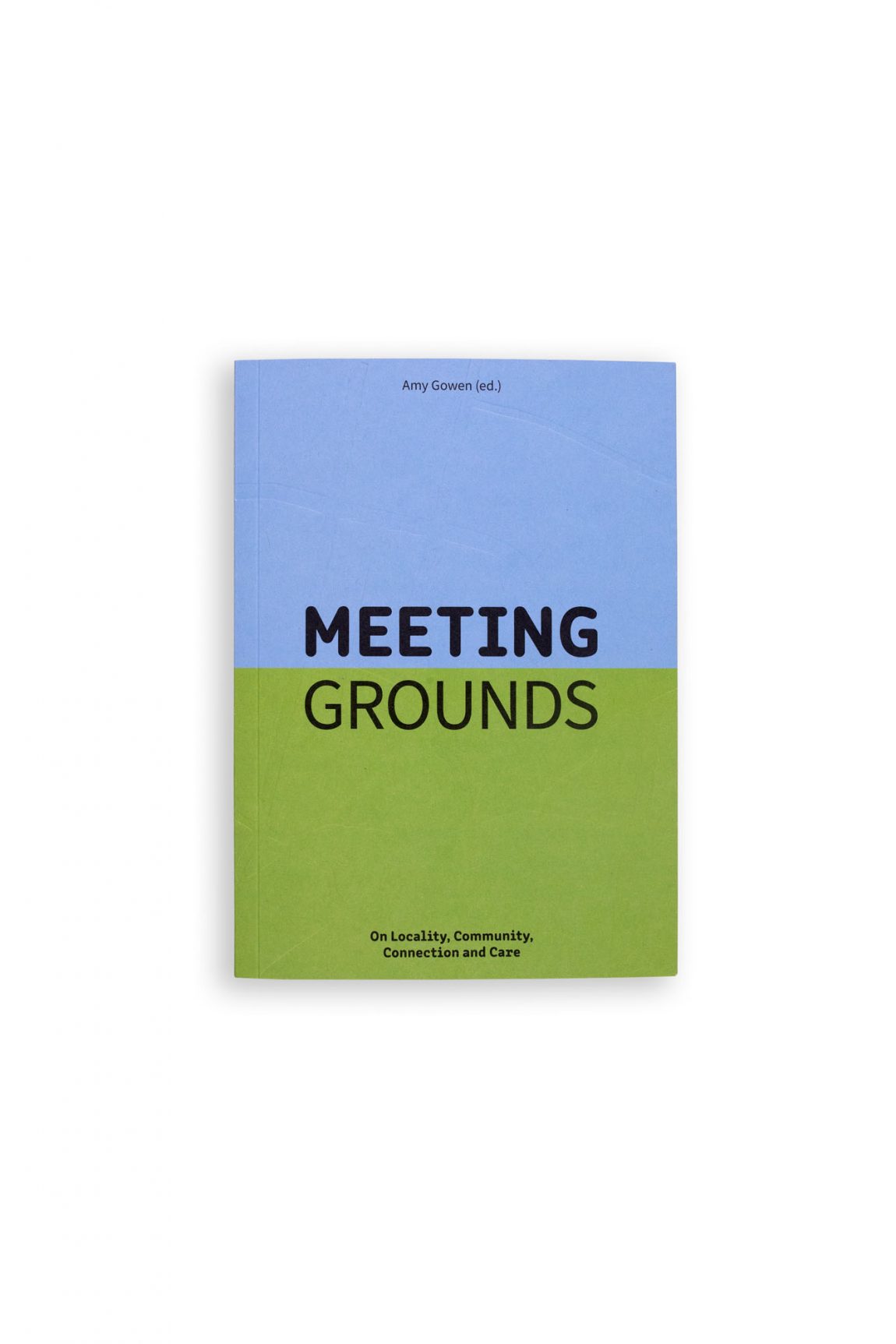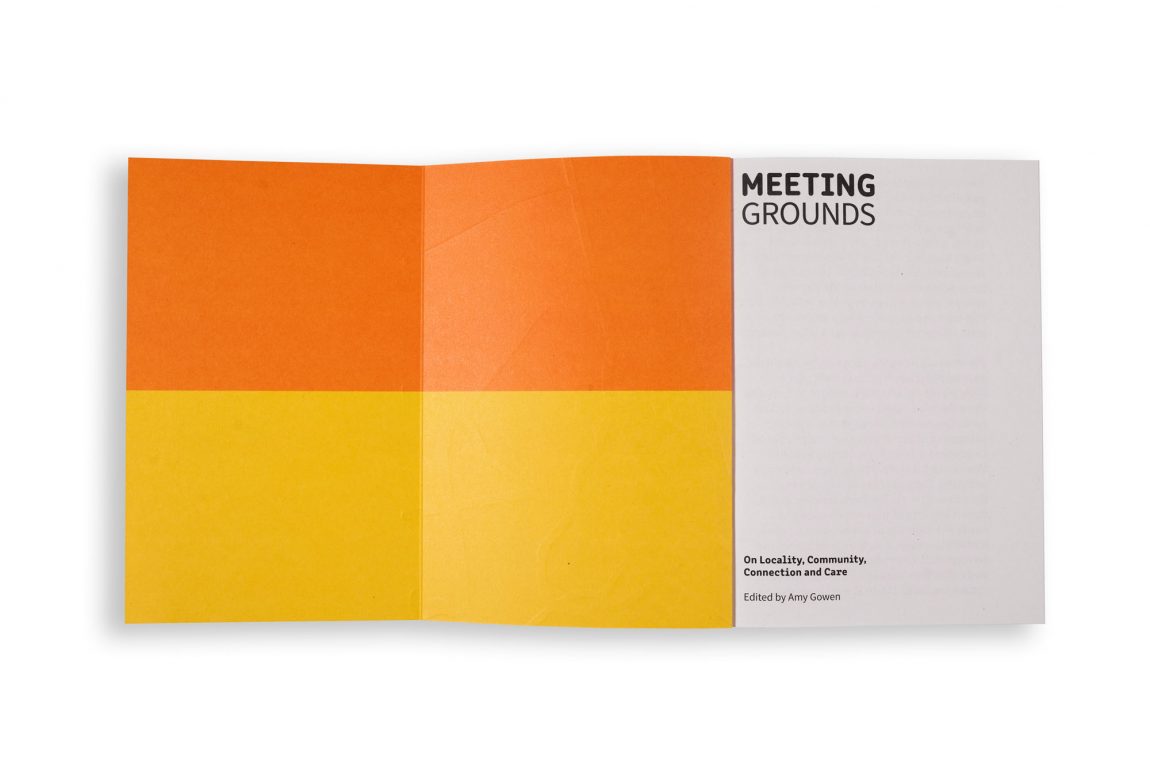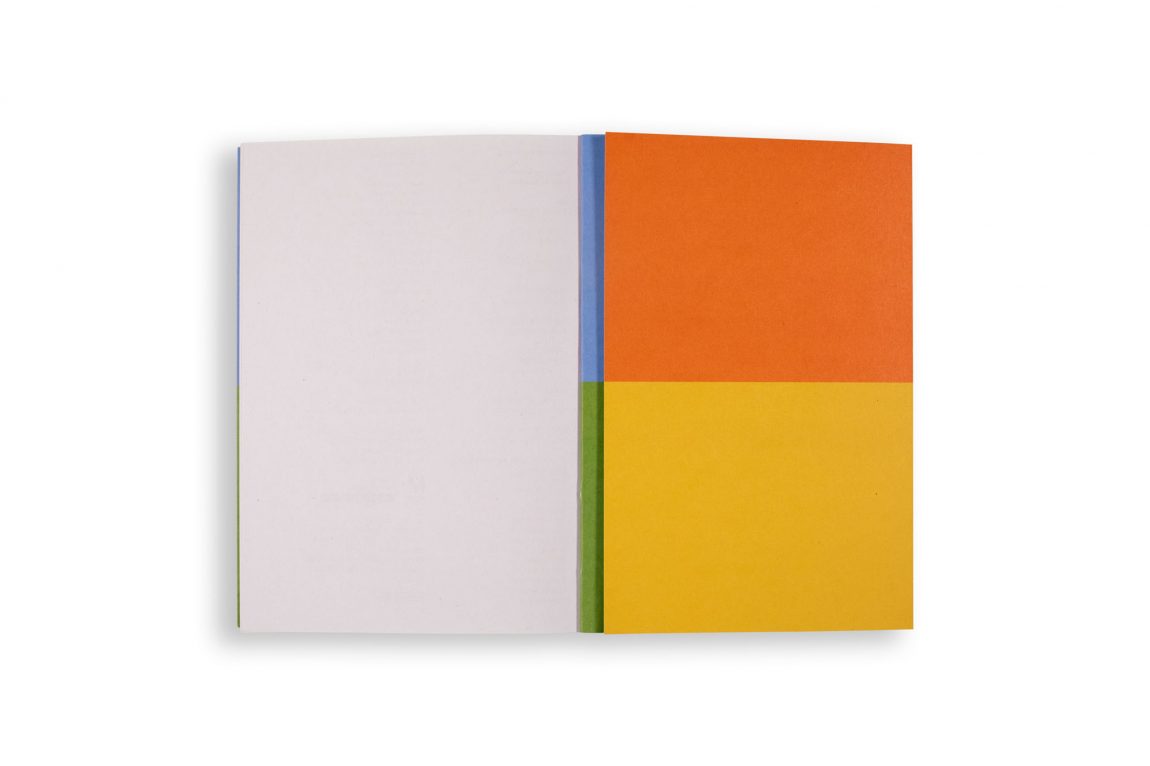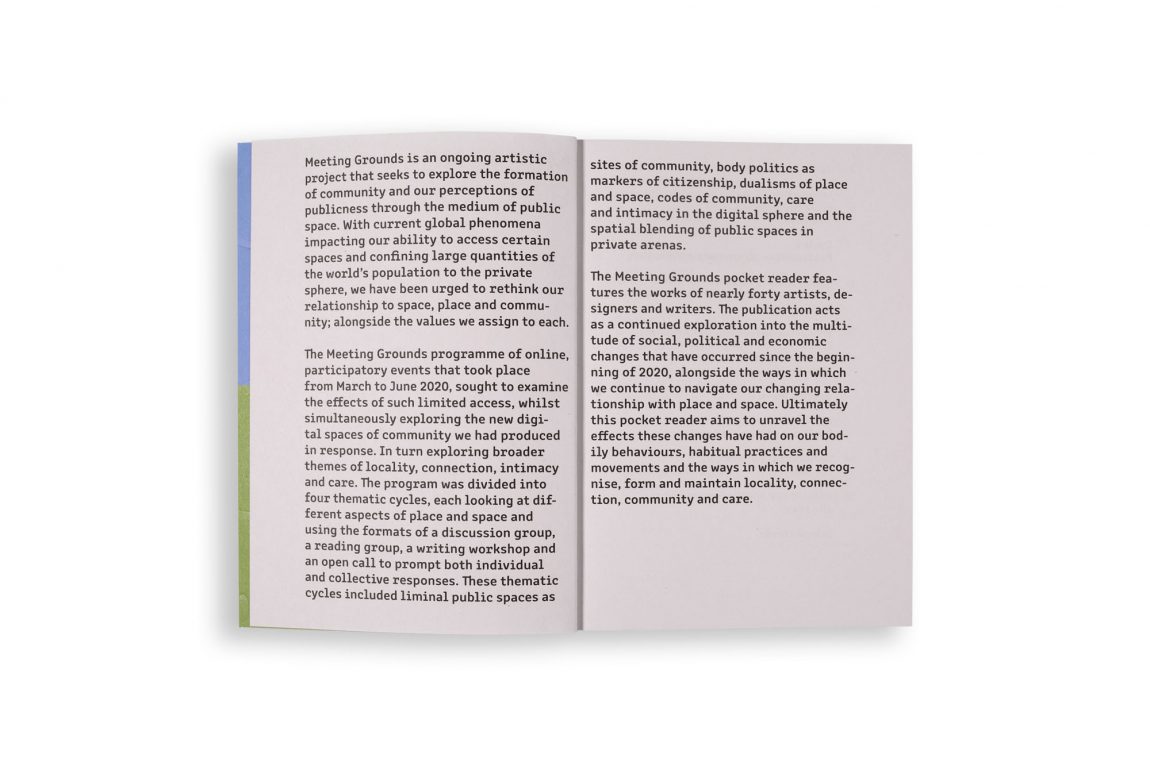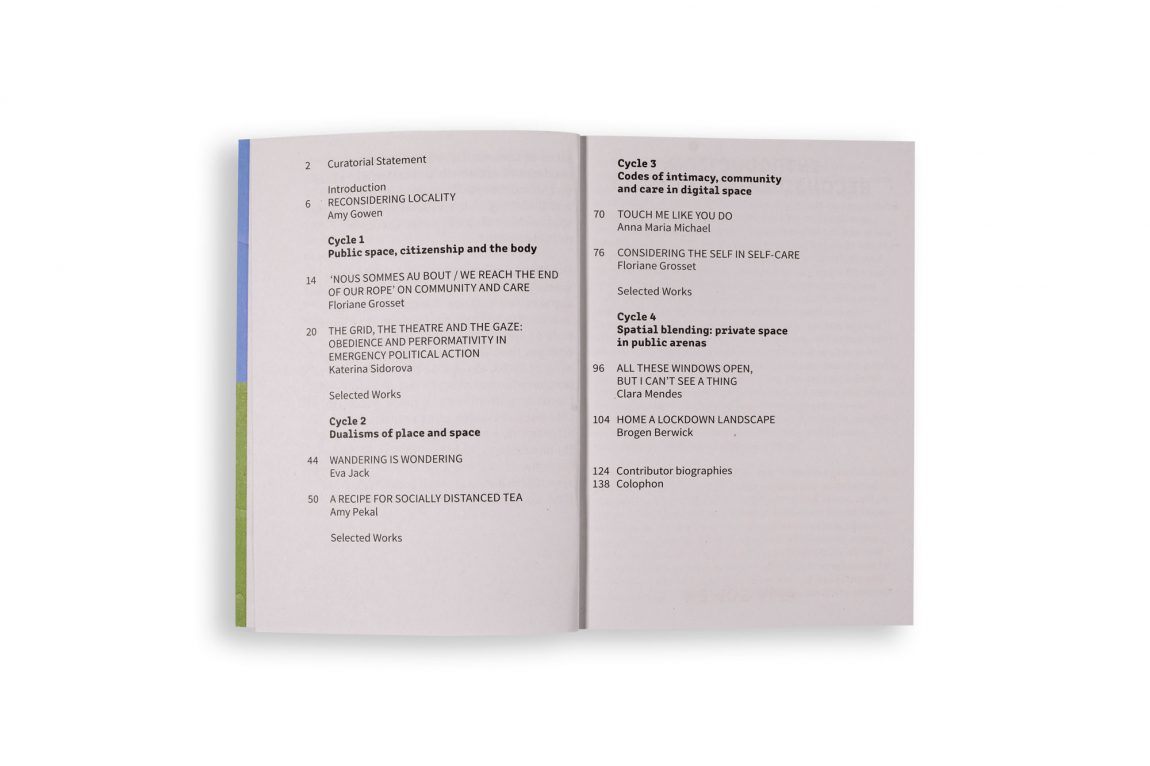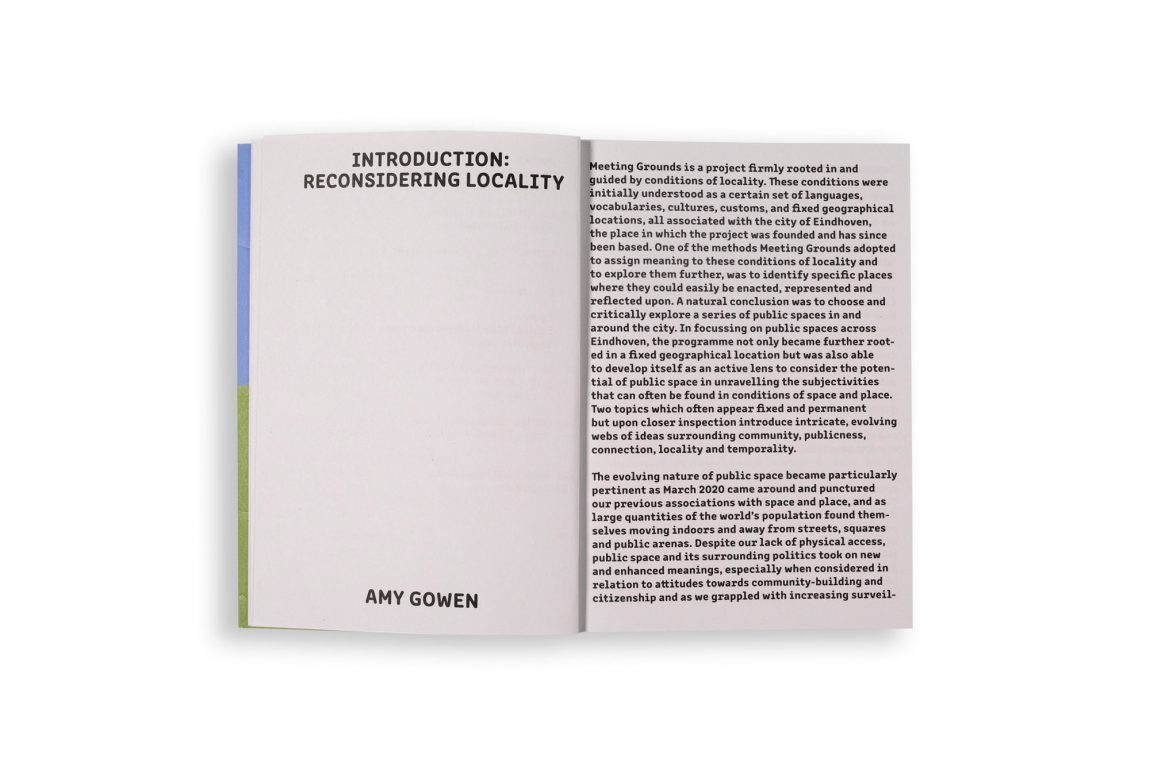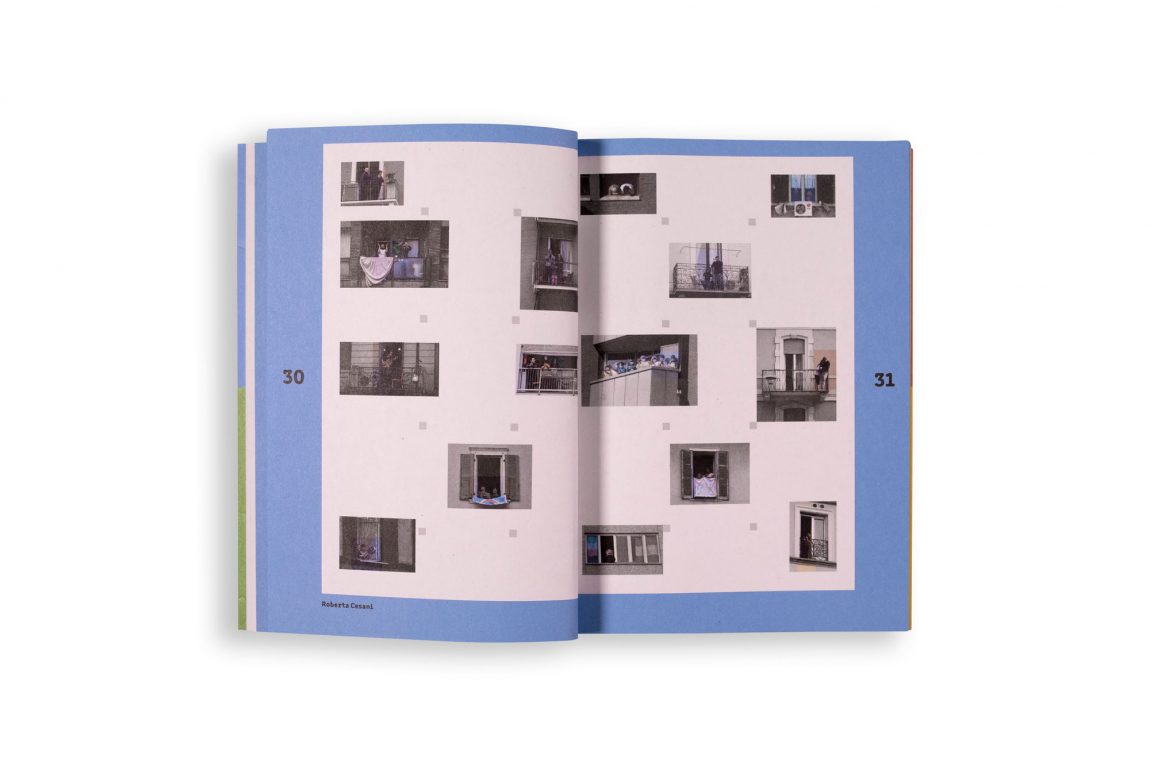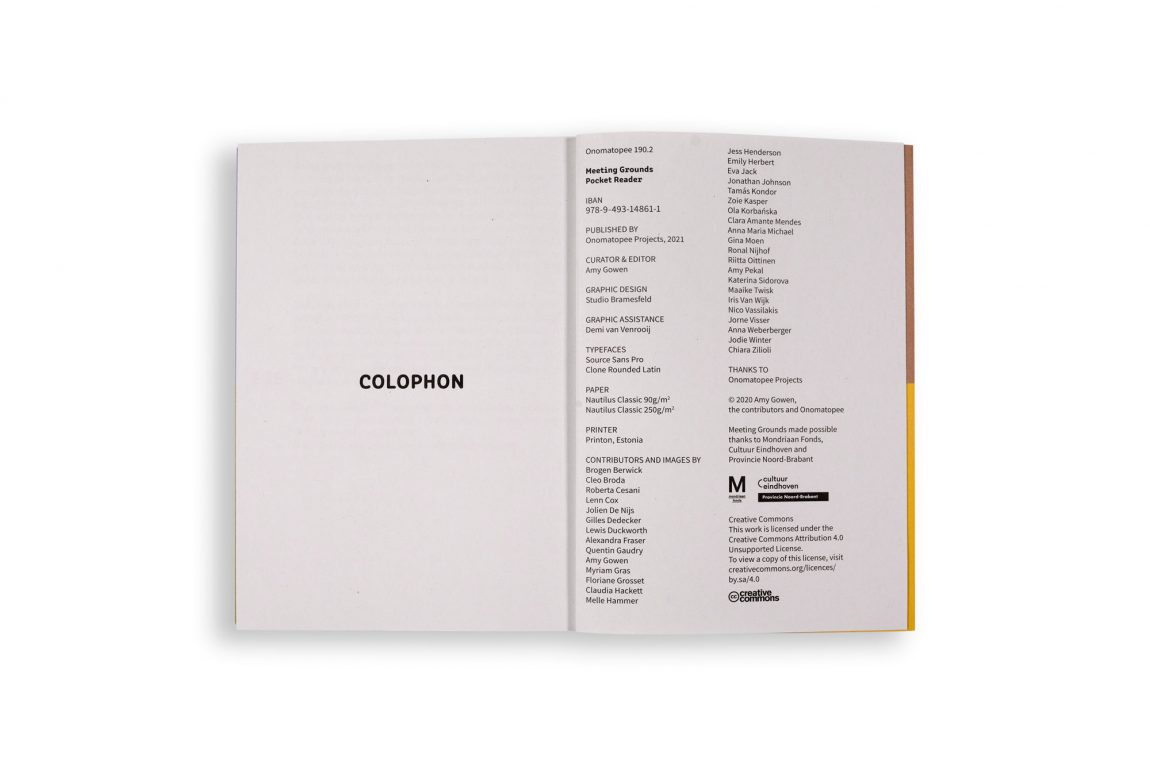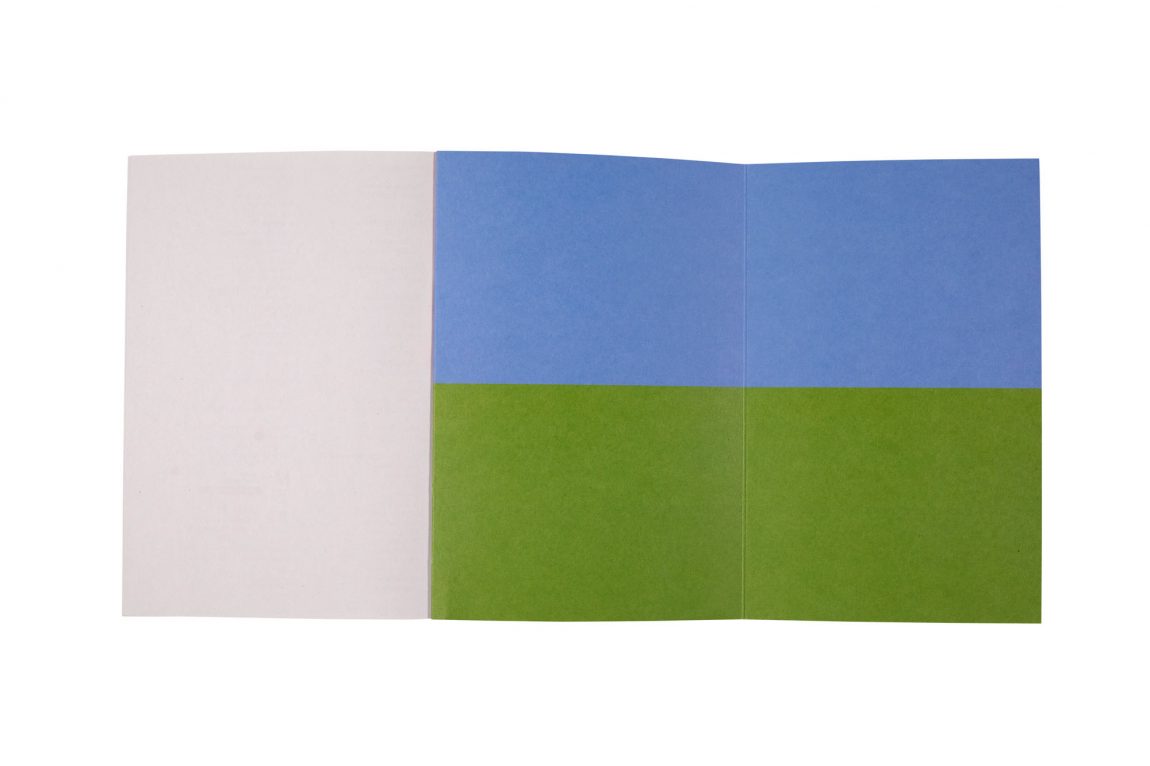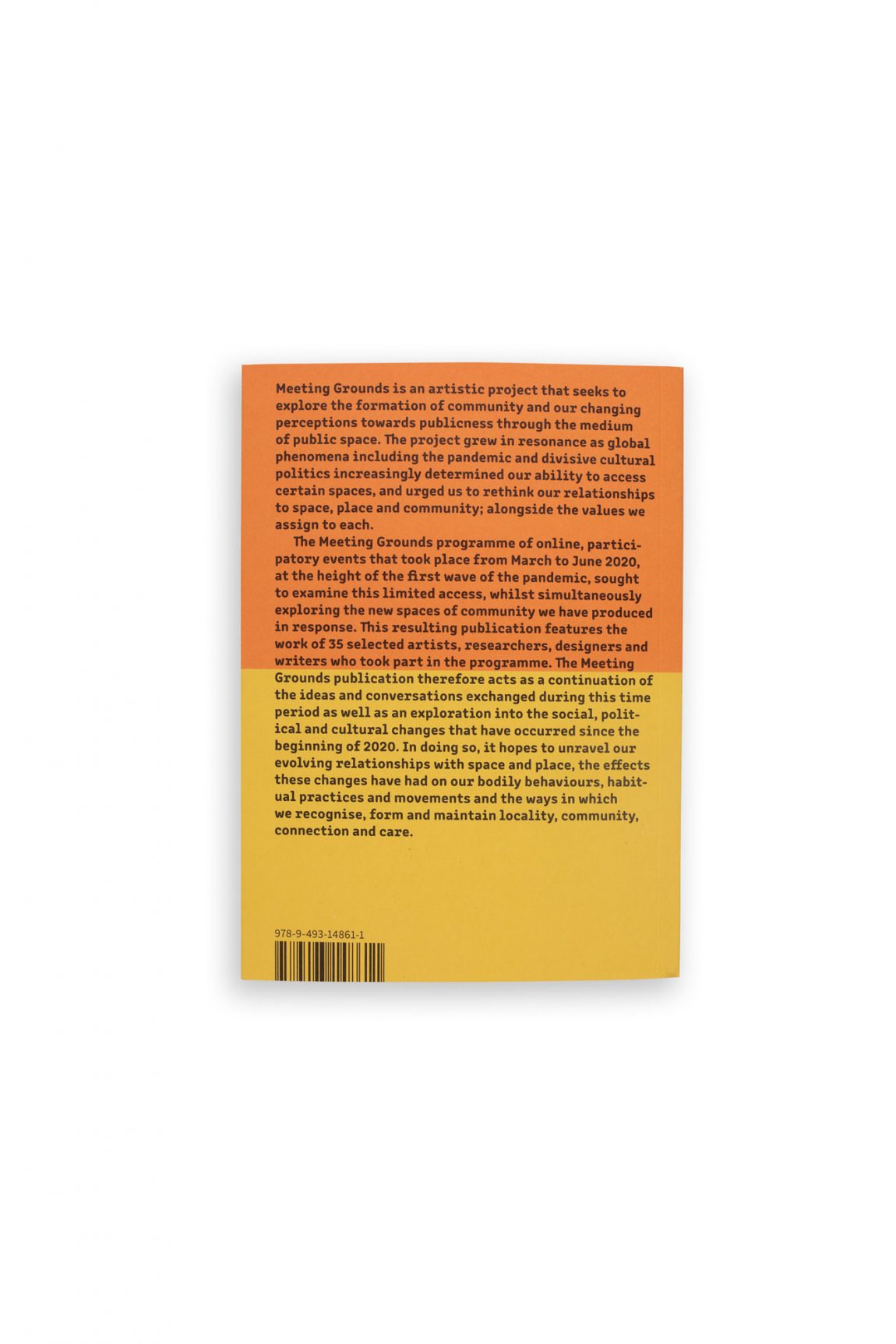The Meeting Grounds Online program of participatory events seeks to examine the impacts of such limited access whilst simultaneously exploring the new digital spaces of community that have been produced in response. The program is divided into four thematic cycles, each looking at different aspects of place and space, including liminal public spaces as sites of community, body politics as markers of citizenship, dualisms of place, codes of community, care and intimacy in digital space and the spatial blending of public spaces in private arenas.
Meeting Grounds Exhibition (June 18-August 23, 2020)
This exhibition is a presentation of the results of the online program alongside a continued exploration into the changes that have occurred and the ways in which we will continue to navigate the restrictions of space and the ongoing effects they have on the control of our bodies, our movements, our habits and the ways in which we recognise, form and maintain community.
-----------------------------------
ONLINE PROGRAM - AGENDA
Join us for our weekly Meeting Grounds programme of online, participatory events to explore our altered physical & digital realms of public space and community.
We will host four thematic cycles of events, each focussing on particular research topic, and spanning three weeks per cycle.
Cycle one: Liminal public spaces and the body (April 6 - April 26)
Cycle two: Dualisms of place and space & the colonization of the rural (April 27 - 17 May)
Cycle three: Codes of intimacy, community and care in digital space (18 May -June 7)
Cycle four: Spatial Blending: Public Space in Private Arenas (June 8 - June 28)
For each cycle we host the The Common Room Discussion Group, Reading Group Reading Group, Writing Workout & Talkshow Podcast. For more info on each please see below!
CYCLES:
* Cycle one: Liminal public spaces and the body
At a time where we find our access to public space increasingly limited we question how are the ways in which we engage with and place value on public space now altered, how do strict bodily rules influence our relationship to citizenship, space and place.
Cycle 1 of Meeting Grounds Online seeks to understand how semi-public places such as balconies and windows are being used as sites of liminality for community and as arenas for spectatorship and the gaze. Alongside deconstructing the act of walking in this current time and how this is influencing the ways we engage with certain spaces. To understand how movement, the body and the mind form a huge part of our perceptions of place.
* Cycle two: Dualism of place and space & the colonisation of the rural
In an effort to escape the over-crowded urban environments of major cities, the more affluent sections of society have been retreating to their second homes, which are, more often than not, situated in rural outposts.
The result of such retreats leads to increased populations in smaller areas and a higher risk of the spread of covid in the rural locations that already face limited resources and less funded healthcare facilities. Even everyday activities and places such as supermarkets have seen an influx of not-so-local shoppers, taking over their smallholdings. All to the extent that permanent residents now feel scared to leave their homes and to visit their local public spaces in fear of excessive use and overcrowdedness.
This second cycle of the Meeting Grounds Goes Online programme will be in collaboration with artist Amy Pekal to investigate the relationship between the rural and urban - two sites that are so often spoken of in terms of binaries and dualisms. Collectively we wish to examine the values we place on such spaces and of our habits of usership and care.
* Cycle 3: Codes of Community, Intimacy and Care in Digital Space
At a time when we desperately lack physical contact and connectivity yet our online, collective presences continue to expand and inflate, Meeting Grounds asks how we recognise codes of community in the digital sphere? And in doing so, how spaces of care and intimacy look and behave on the internet?
We wish to explore ideas of online community and social solidarity, to think about how the forms in which we communicate and exchange are changing and evolving, with particular attention to the role the digital sphere plays within this.
How can written and verbal cues, body language, visible and invisible community symbols, the gaze and acts of silence we are accustomed to in the physical sphere translate over to the digital sphere? How do we individually and collectively hold ourselves in these digital public spaces and communities we forge? How is intimacy and care navigated and maintained in such spaces?
* Cycle 4: Spatial Blending: Public Space in Private Arenas
During the period of isolation our cities, towns and high-streets have become deserted. Abandoned from their function as acting as public spheres, when people cannot occupy parks, libraries, beaches, town squares, shops or even pavements where does human activity take place?
In this cycle of the Meeting Grounds online programme we aim to explore different mediums of spatial interaction using to a range of resources including Google Street View, and webcam views of tourist destinations to observe the multifunctioning spatial roles of public space.
Is there room for a new defining collective domain which we will adapt to during this period of lockdown? How has this lockdown changed our domestic spaces and how we experience them in form and function?
In our concluding cycle of the Meeting Grounds online programme we explore these new spatial dynamics alongside Brogen Berwick a spatial researcher from the Design Academy Eindhoven.
PROGRAM EVENTS:
* The Common Room
Every three weeks we will dedicate an hour to discussing a different topic related to the changing nature of public space within our current times. A text will be selected as a departure point for our discussion, however reading is not essential for participation.
We invite you to join in the conversation, to share anecdotes, experiences, theories, questions and ideas so we can collectively explore the changing nature of the spaces that form our daily lives.
Discussion Group 1: Tuesday 7 April - 17.30-18.30*
“Liminal Spaces”. Balconies and windows as semi-public spaces and sites for community
Discussion Group 2: Tuesday 28 April - 17.30-18.30*
“Escape to the Countryside” the colonization of the rural
Discussion Group 3: Tuesday 19 May - 17.30-18.30*
Topic TBC
Discussion Group 4: Tuesday 9 June - 17.30-18.30
Topic TBC
*Netherlands time
All held via Zoom
* Reading Group
The Reading Room reading group will discuss a selected chapter from one of the featured titles in the Meeting Grounds online library, to look at particular issues, topics and questions regarding public space in our current times.
Join the Meeting Grounds Slack group to access a selection of titles that each work with ideas around public space and to download the reading for each Reading Room.
Reading Room One: Thursday 9 April 17.30-18.30*
Rebecca Solnit Wanderlust: A History of Walking looking at walking as an act of citizenship
Reading Room Two: Thursday 30 April 17.30-18.30*
Olga Tokarczuk Drive Your Plow Over the Bones of the Dead looking at the relationship between the urban and the rural
Reading Room Three: Thursday 21 May 17.30-18.30
Olivia Laing, The Future of Loneliness taken from Funny Weather Reading Room Four: Thursday 11 June 17.30-18.30*
Feels Like Home Podcast Episode The Future of Housing
All meetings held via Zoom, readings can be accessed in advanced via the Meeting Grounds Slack Group
* Writing Workout
Join us for our writing workout series that will flex your fingers and get those creative juices flowing. We will look at different forms and techniques of writing and that relate specifically to using and thinking about space and movement. Feel free to share your writing at the end of the workout via our secure pad, or keep it to work on further at a later date.
Writing Workout One: Flaneurism and Poetics of Place
Wednesday 15 April 17.30-18.30
Writing Workout Two: Rewriting the Rural
Wednesday 6 May 17.30-18.30
Writing Workout Three: A Letter to Intimacy: The Spaces Between
Wednesday 27 May 17.30-18.30
Writing Workout Four: Space, Place, Memory Perception
Wednesday 17 June 17.30-18.30
All writing workouts are recorded and can be accessed via Onomatopee's Instagram account: @onomatopeenet
* Zine Workshop
Meeting Grounds works on a programme and publication basis.
To celebrate the influx of community spaces being created in response to current restricted social and physical measures, the Meeting Grounds Online programme wants to produce a publication that is community-centred.⠀
The Meeting Grounds Goes Online publication will therefore consist of a total of four Cahiers created over a period of two months, that each respond to a different set of themes. Every three weeks we will announce the themes for the Cahier and contributors will have one week to create and send their responses to amy@onomatopee.
We are encouraging and accepting a range of responses, from all forms, styles and disciplines.
Please note the open calls have ended, and the resulting publication, entitled "Meeting Grounds On Locality, Community, Connection & Care" is now available to buy from our webshop.
Episode 3: Public Space in Fiction and Storytelling with Robin Barry


